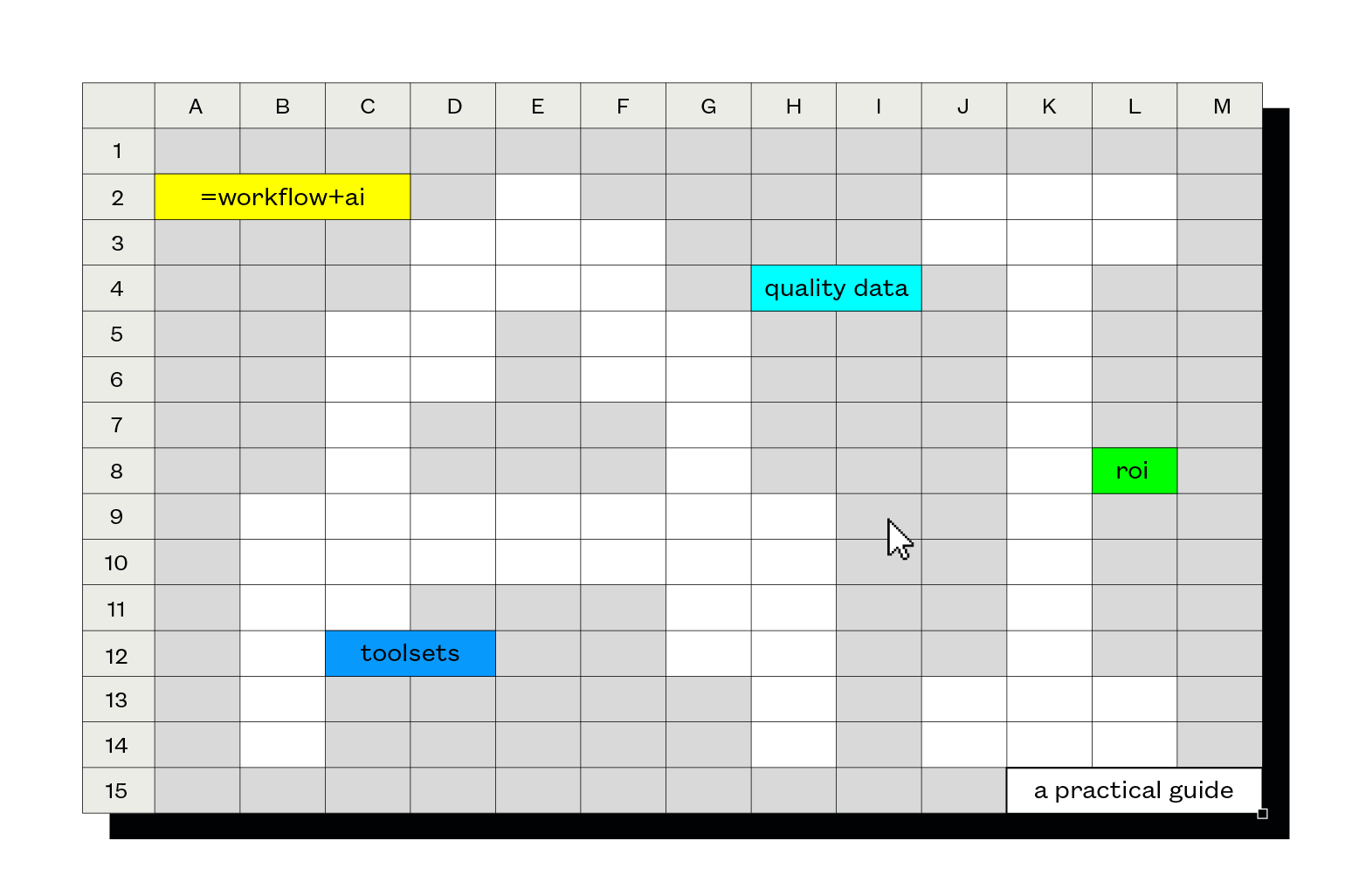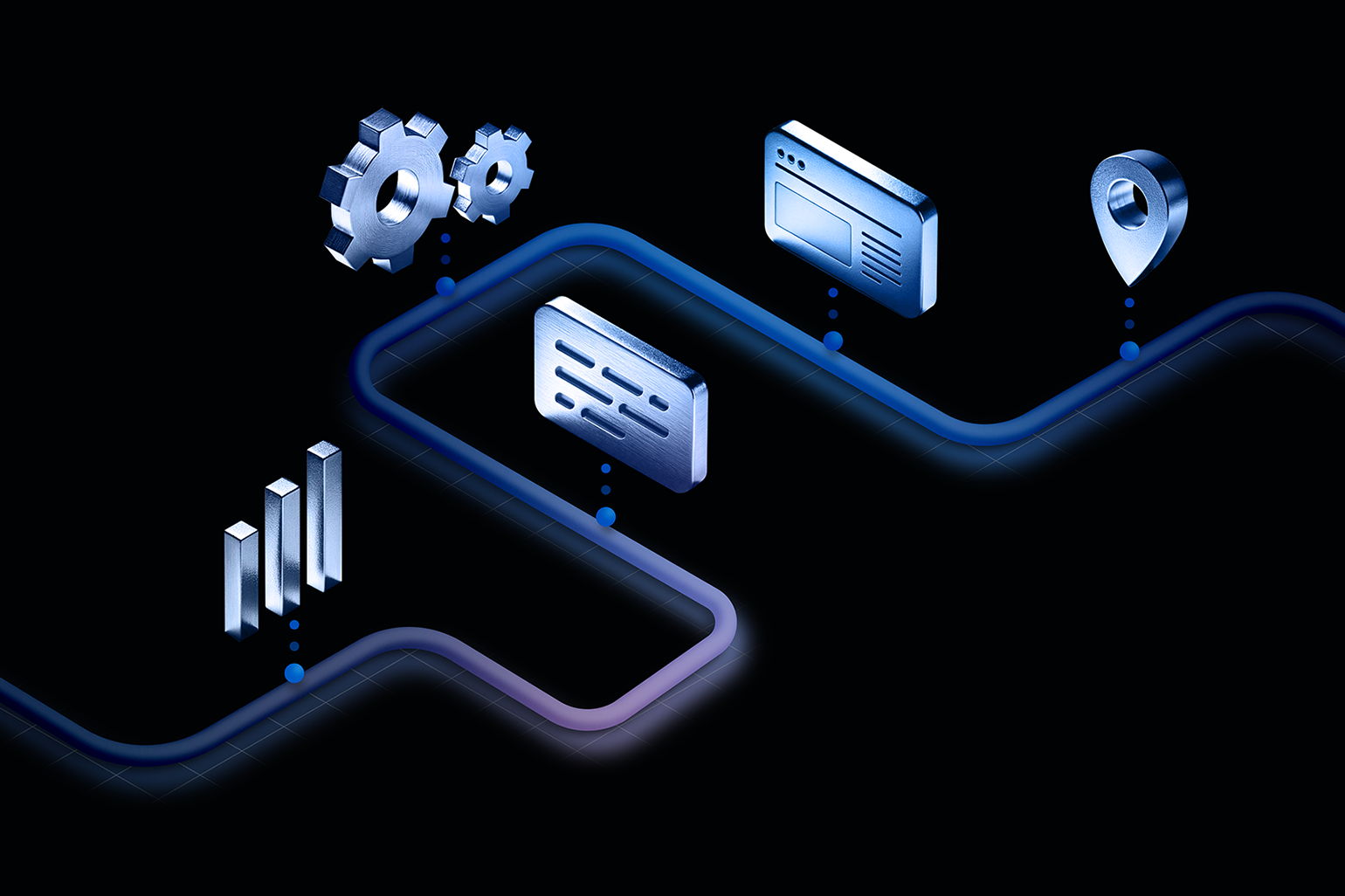A Practical Guide for SMBs and Enterprises to Leverage AI for Growth

Adopt and integrate AI into your workflow to revolutionize your business. From startups to global enterprises, AI is driving sales, enhancing decision-making, and creating impactful outcomes. But with the vast array of tools available, how can businesses navigate the landscape to harness AI’s full potential?
We recently attended Upwork’s AI Webinar featuring Jacqueline Tangorra, CEO and Founder of OBIS. Tangorra shared valuable insights on effective AI integration strategies and best practices. Here are three takeaways for all companies to keep in mind.
Prioritize High-Quality Data
Clean, well-organized data is critical to ensure AI models provide accurate outcomes. Whether you’re using AI to personalize outreach, track engagement, or analyze policymaker sentiment, quality data is key.
SMBs
Smaller organizations should prioritize the most relevant data that drives their business. If your target audience list is messy, no AI tool will be able to make sense of it. Start with what you know best—clean up your spreadsheets, organize your CRM—and then let AI do the heavy lifting.
Enterprises
For enterprises, the challenge is managing vast amounts of data across multiple platforms and departments. Larger companies should integrate data streams into a centralized system that AI can easily access. Data integration platforms can help large companies standardize data collection across teams and keep it all in one place.
Choose the Right Tools
With the abundance of AI tools available, it can be daunting to identify the best ones. The right choice will depend on company size, budget, and specific goals.
SMBs
SMBs benefit most from user-friendly tools that can automate tasks, analyze data, and generate insights. Smaller companies should explore affordable tools that require minimal training and can be set up in a day. Platforms like Jasper AI for content creation, HubSpot for marketing automation, and Grammarly for writing assistance are great options for SMBs.
Enterprises
Larger organizations often have more specific needs that off-the-shelf solutions can’t meet. These companies benefit most from custom AI models that integrate across multiple departments. Tools like Salesforce for predictive sales insights and IBM Watson for a range of AI solutions are built to scale and meet enterprise needs.
Maximize ROI with Scalable Solutions
Integrating AI tools into your business is a strategic investment and does not need to all be done at once.
SMBs
Small businesses should start small and scale up. Start with tools that automate time-consuming tasks like scheduling, invoicing, and customer follow-ups, as well as tools that optimize marketing efforts like AI-powered SEO tools and ad platforms. Many AI tools offer affordable options or free trials, so companies can explore different platforms and assess ROI as they go.
Enterprises
Larger organizations should take a more comprehensive approach, investing across departments. With more resources for customization and training, enterprises can adopt tools to enhance product development, improve customer experiences, and unlock new market opportunities. Large organizations should also invest in employee training, equipping the workforce with the skills to effectively implement and maximize AI technologies.
AI offers immense potential for organizations of all sizes across industries. By understanding your specific needs, selecting the right tools, and investing strategically, you can harness the power of AI to drive impactful outcomes and stay ahead of the curve.

